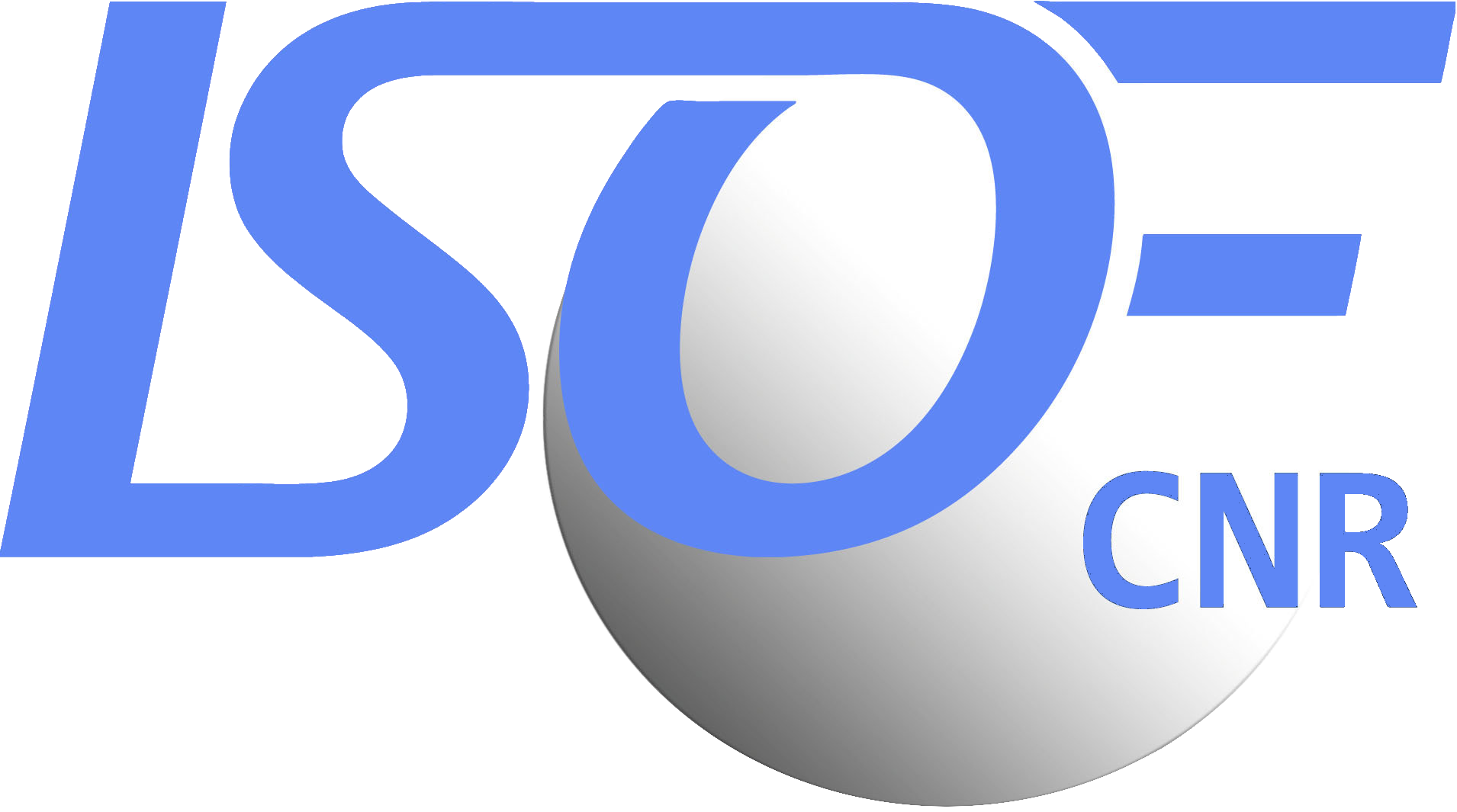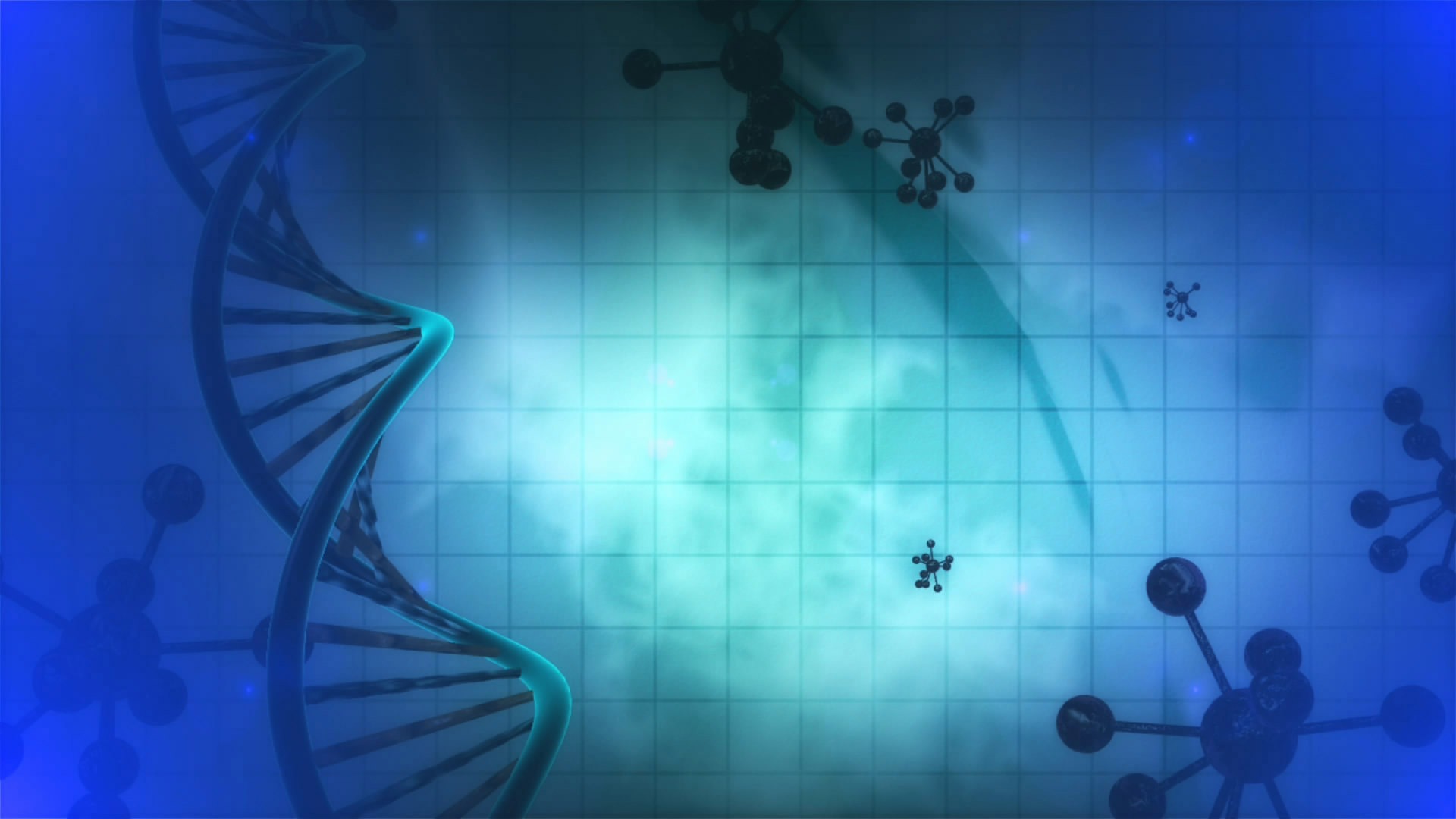It’s well known by the storytelling and by the daily life of scientists that, sometimes, the best scientific discoveries are the result of serendipity.
However, to reach success in science you need cooperation with a team of specialists. The close collaboration in scientific-labs need to be supported by colleagues’ cooperation and trust.
It’s well known by the storytelling and by the daily life of scientists that, it happens sometimes, that the best scientific discoveries are the result of serendipity.
However, to reach every success in science means cooperation in or with a team. The Scientific-labs are usually, environment where colleagues’ cooperation and trust are needed, so in this blog post I consider another aspect of being scientist and the best “ingredients” to be a good member of a research group.
Having a good team work determines huge benefits in general, because it helps in reaching common results.
When I refer to a teamwork, I mean not a group of only expert scientists that collectively work on a project, but a team of people with different background and educational formation: researchers, technician, students, PhD and post-docs of different ages, races, and gender but also members with a diversity in academic or commercial experience, perspectives and knowledge sometimes travelling from different countries. What is common between all of them? The fact to be a group with same ideals in achieving specific goals.
I consider, one of the most beautiful aspect of Science the fact that “to do Science” is a way to communicate the “same language” in all over the world, spreading “interaction”, “understanding”, “elasticity”, “adaptability”.
However, to create a teamwork who really enjoy and work hard you need to be compensated by strong structure and a supportive context, which are all vital to a team’s success. The key of a supportive context is often represented by a strong structure that pushes for the “rise of technology” by means of guarantee the workers identity in a specific role, supply the material resources required for the job, technological assistance, formations, opportunity in sharing results, collaboration between the different subgroups.
I achieved this opportunity during all the years spending in CNR as research fellow and seeing how this aspect has increased in importance during years.
The “almost” Post-Covid era taught us that everybody can reach incredible results, everybody can challenge the deeper adversity of unknown as everybody can benefits by a good team work.


